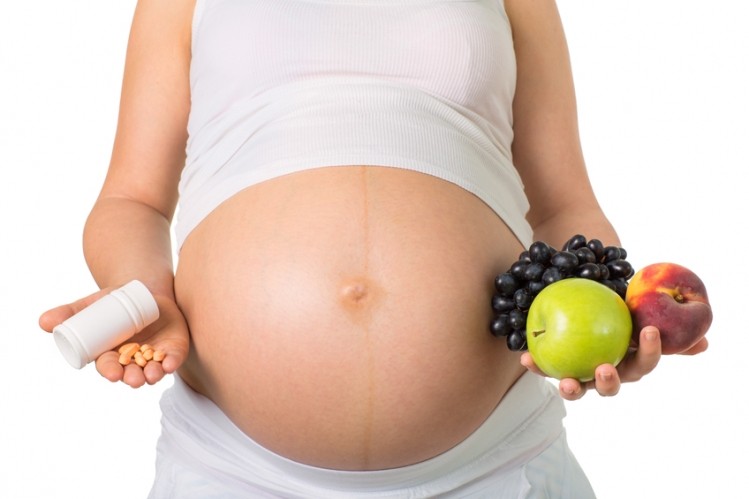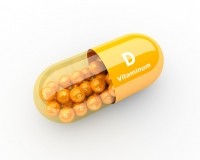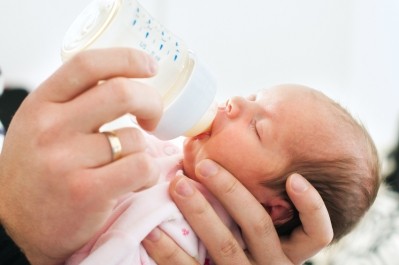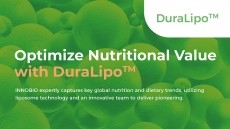Which supplements should women take during pregnancy?

The foundation has launched an online survey asking: “Which supplements are all women recommended to take during pregnancy?”
So far 2,358 people have voted, with 35.54% responding ‘folic acid and vitamin D’.
This was followed by 28.75% for ‘folic acid only’, 18.91% for ‘a specialised multivitamin and mineral supplement for pregnant women’, 8.23% for ‘iron’, 4.79% for omega-3 and a final 3.77% voting for ‘no supplements’.
BNF nutrition scientist Dr Rosalind Miller told us the poll was designed to gage general public perception of vitamin supplementation in pregnancy.
“[W]e can use this information to feed into our understanding and direct what resources may be suitable for BNF to facilitate our charitable objectives of providing nutrition information to the general public in the best and most useful way,” she said.
The UK government recommends women take a daily 400 µg folic acid supplement prior to conception and up to 12 weeks of pregnancy to lower the risk of neural tube defects (NTDs).
Meanwhile all pregnant and breastfeeding women are advised to take a 10 μg daily supplement of vitamin D.
Unnecessary expense?

The launch follows the publication of a controversial review in the British Medical Journal’s Drug and Therapeutics Bulletin last month, which said so-called multivitamin and mineral pregnancy supplements were “an unnecessary expense” for most expectant mothers.
The review called into question the evidence for all nutrients apart from vitamin D and folic acid – and pressed for greater availability of low-cost tablets containing these two nutrients and vitamin C.
It warned that some pregnant women were being manipulated by the marketing of multivitamin and mineral supplements, which were “unlikely to be needed” if the women had a healthy balanced diet.
Some pregnant women – including those aged under 18 and on certain social benefits – may be entitled to receive free vitamins including folic acid and vitamin D under the UK National Health Service’s (NHS) Healthy Start scheme.
However other nutrients are not routinely offered to pregnant women as supplements, for example iron, omega-3 and calcium.
Dr Miller said it was still important women got enough of these nutrients through the diet.
Seeking advice
The industry-backed charity has also launched new online advice on nutrition during pregnancy.
“This new section covers the nutrition journey all the way from trying for a baby to preparing for the birth and includes nutrients of importance, common concerns such as nausea and heartburn, nutrition for special groups like teenagers and vegetarians and vegans, and of course we look at why maintaining weight is a good idea in pregnancy,” the foundation writes on the section, which also includes advice for pregnant Muslim women considering whether they should fast during Ramadan.















